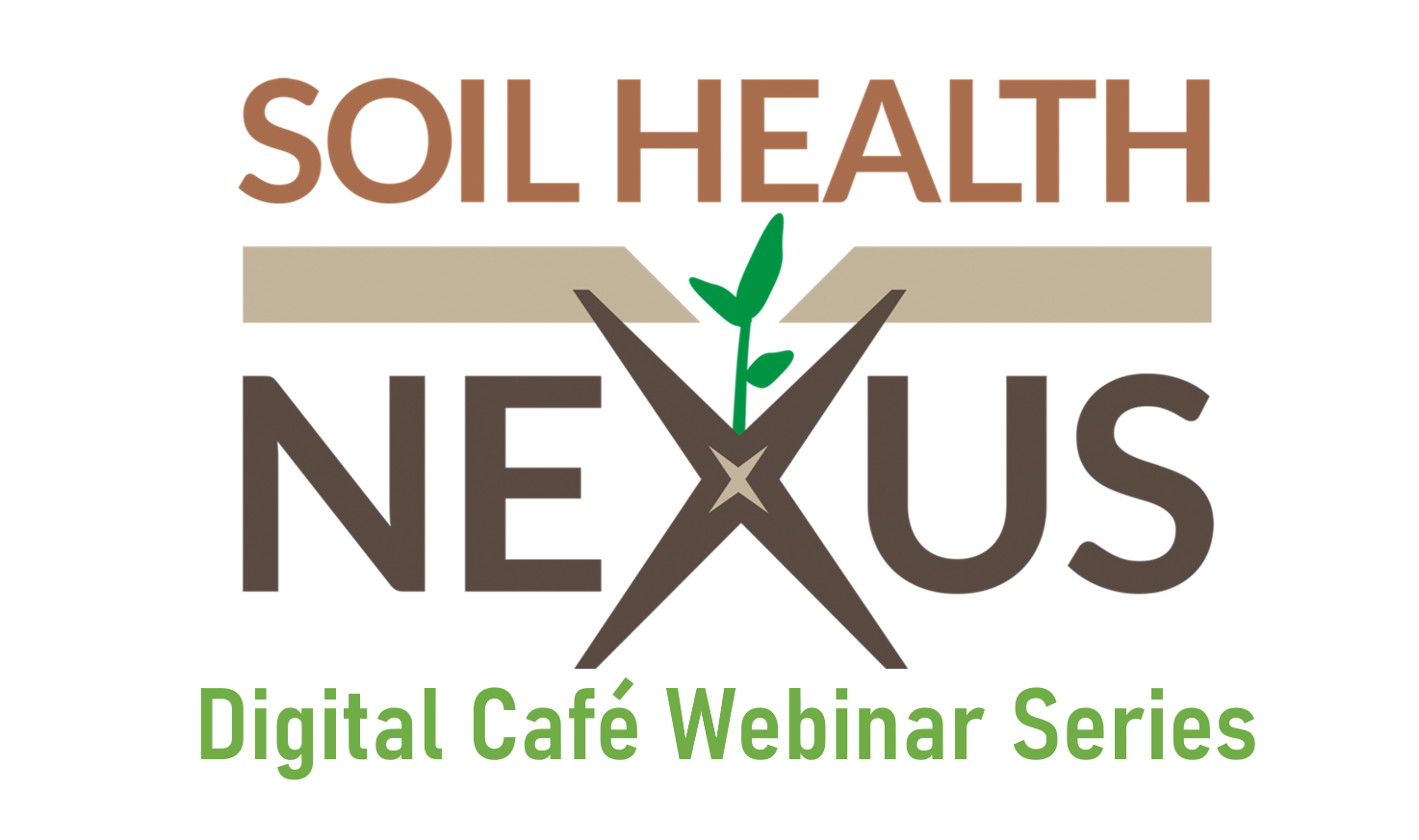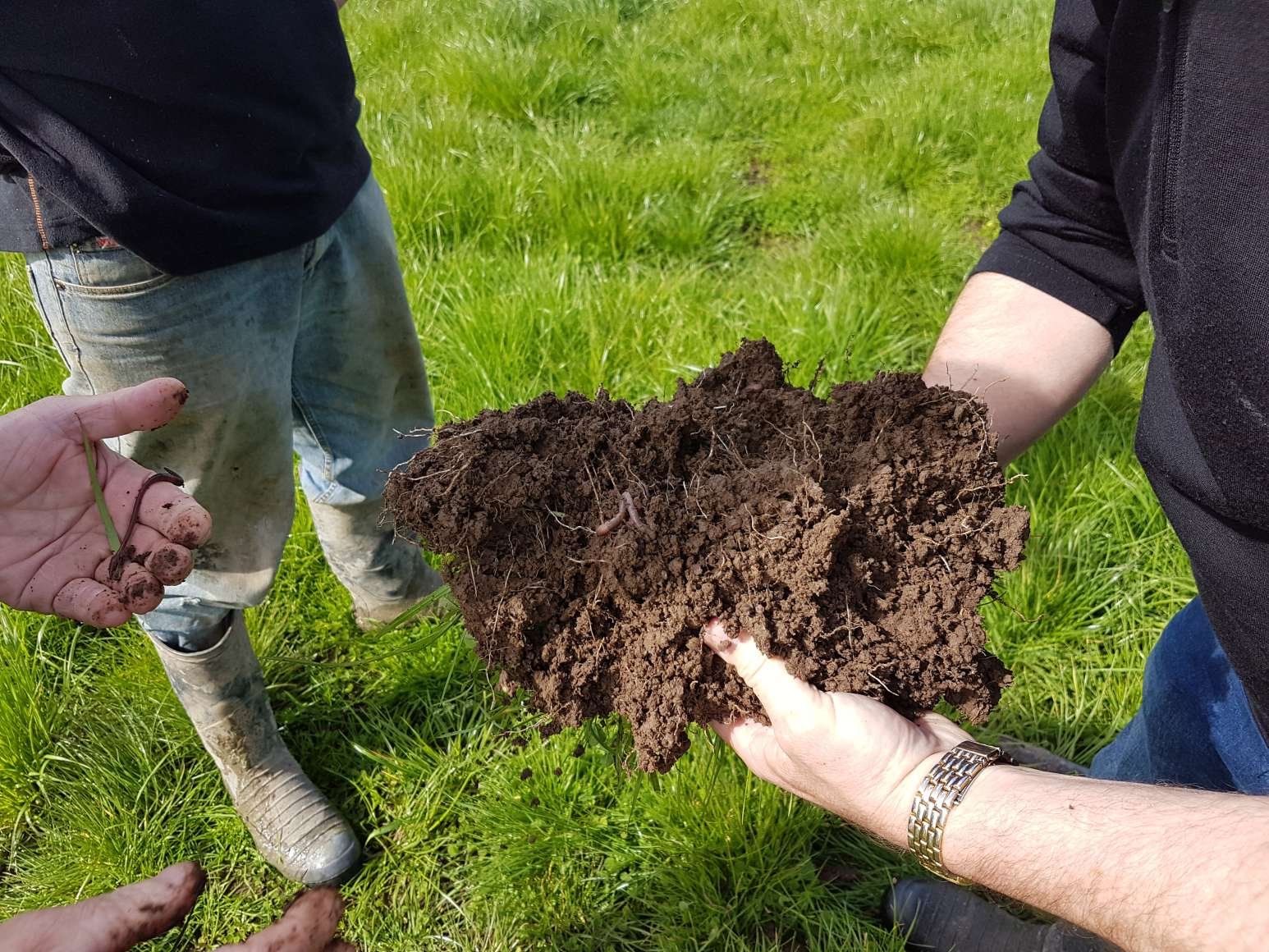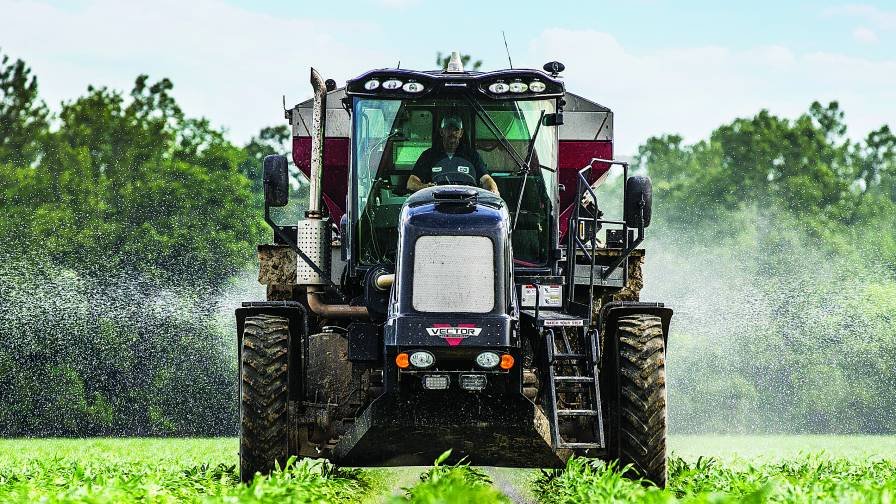The desirability of carbon-rich soil is a no-brainer for anybody engaged in agriculture and other land-based forms of food production. The fact that carbon is volatilized practices such as tilling the soil is less known, but well-documented in the literature, with millions of tons of carbon dioxide (CO2) being released into the atmosphere through the action of microbes that turn the carbon, present in the soil as organic matter, into its gaseous form. This is why, for example, simply adopting no-tillage practices could reduce by a whopping 30% the greenhouse gas emissions of the agricultural sector. That might not sound like much at first sight, considering that agriculture is not the major contributor to anthropogenic climate change, but its meaning is more evident when considering it this way: changing a single, non-essential technique could bring down the emissions from an entire economic sector by one third. That is just one of many examples of what carbon farming can do when it becomes a conscious agricultural goal.
In light of the environmental benefits to be drawn from adopting carbon-farming strategies, the question arises of where organic agriculture stands in the face of the environmental responsibility of the whole agricultural industry. Organic agriculture is sustained on principles such as ecology and care, and, as such, organic farms conduct their activities on a wider range of values that allow them to explore and integrate newer, innovative practices with more ease. Organic farmers also understand better the interrelated nature of beneficial practices, and are more willing to put them into action — particularly women of educated backgrounds.
Based on this, there’s the question of whether organic growers should target carbon farming as their next main concern. It is evident that organic farming is expanding nowadays from being a purely non-chemical fertilization scheme into a set of practices, cultural references, values and social networks that aim to farm sustainably the world’s soils. By exploring techniques and practices for carbon-farming such as agroforestry and crop diversification, organic farmers can, at the same time, expand the biodiversity of their lands (already a major benefit of organic agriculture, with its consequent effect in ecosystem resilience and the pest resistance of crops), organic farmers could potentially be introducing changes that are economically very sound and that, at the same time, benefit the world and increase the strength of their agricultural operations. The question appears, then: in the ideally diversified crop scheme of an organic farm, shouldn’t carbon be, indeed, considered the next organic crop?
Cotton and pine growing in an alley cropping system, an agroforestry practice that can help retain and absorb carbon into agricultural soils.













